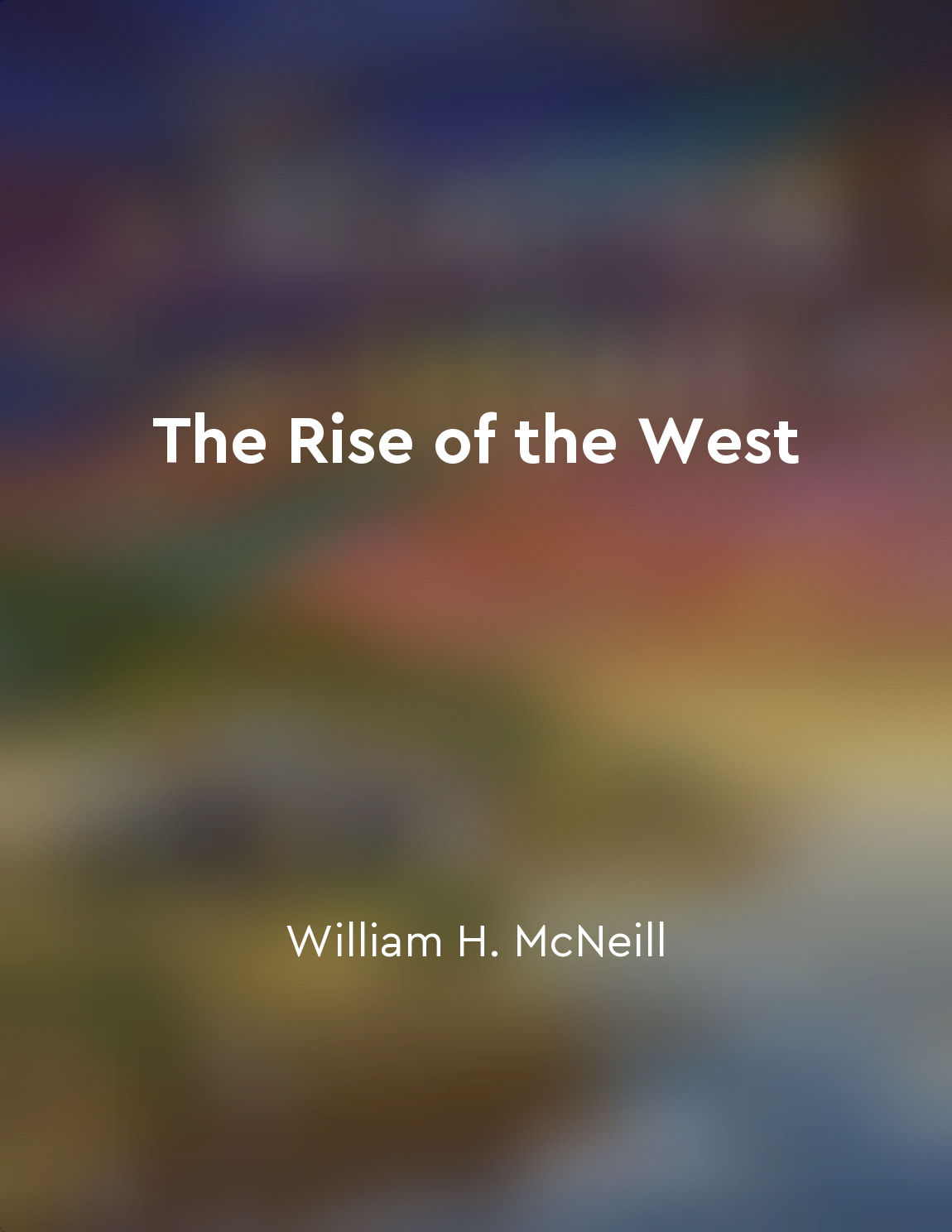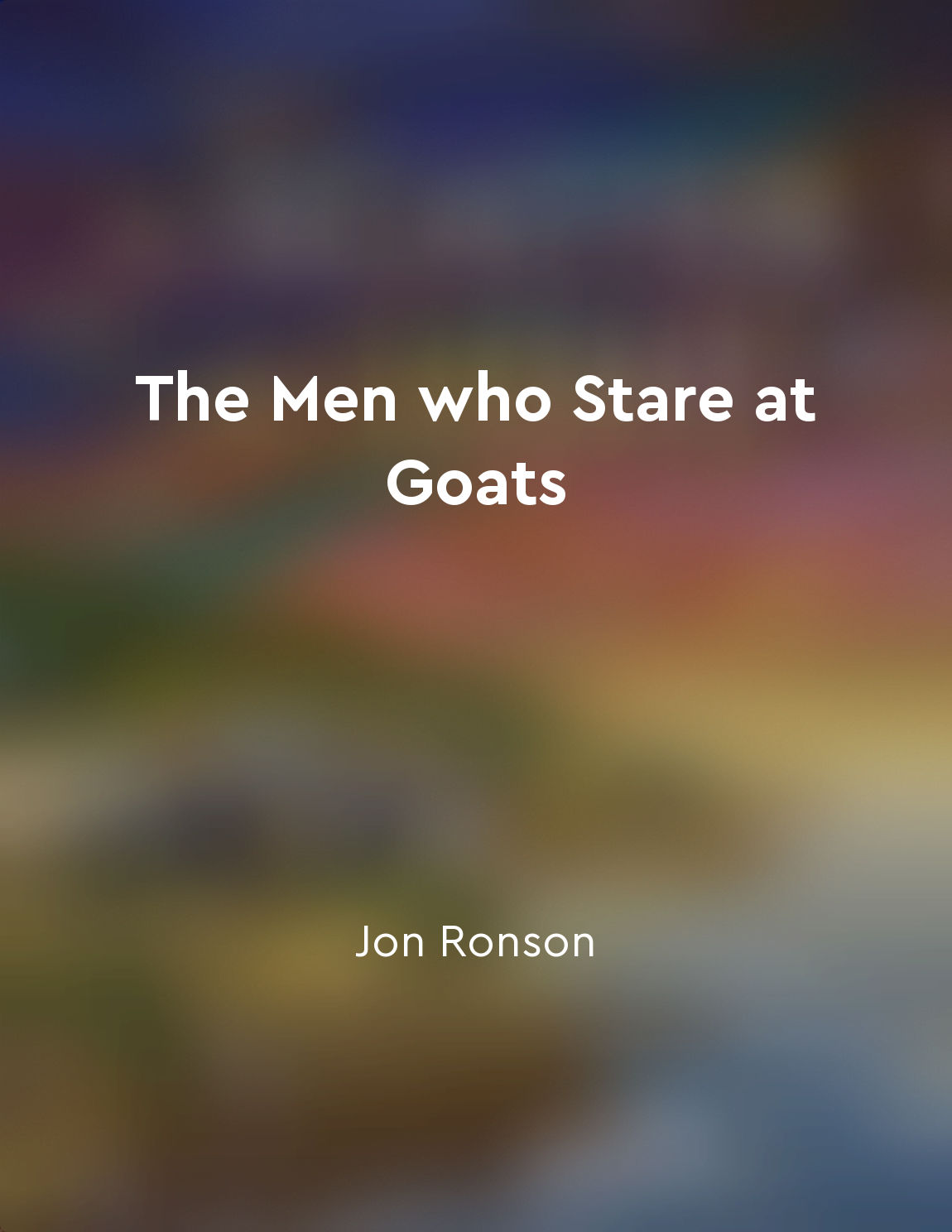Enlightenment thinkers criticized magical rituals and beliefs from "summary" of Religion and the Decline of Magic by Keith Thomas
During the Enlightenment period, thinkers began to challenge long-held beliefs and practices, including those related to magic and ritual. These intellectuals sought to promote reason and rationality over superstition and supernatural explanations. They viewed magical rituals and beliefs as primitive and irrational, lacking any scientific basis or empirical evidence. Enlightenment thinkers criticized magical rituals and beliefs because they believed that they hindered the progress of society. They argued that superstitions and magical practices were holding back advancements in fields such as science, medicine, and technology. By promoting irrational beliefs and reliance on supernatural forces, they felt that magical rituals were preventing individuals from seeking logical and evidence-based solutions to problems. Furthermor...Similar Posts
The human experience is a tapestry of triumphs and tragedies, of growth and transformation
Throughout history, humanity has been woven into a complex tapestry of successes and failures, of evolution and change. This in...
Intelligence and social behavior are advantageous traits
In the struggle for survival, intelligence and social behavior play a crucial role in determining which individuals are more li...
Intellectual curiosity drives scientific discovery
The universe is a vast and wondrous place, full of mysteries waiting to be uncovered. It is through the lens of intellectual cu...

Increased trade facilitates cultural exchange
Increased trade between different regions has played a crucial role in facilitating cultural exchange throughout history. When ...
Philosophy continues to evolve in response to cultural and scientific changes
The history of philosophy is a dynamic tapestry that is constantly being woven and rewoven in response to the cultural and scie...

The power of positive thinking was emphasized
The power of positive thinking was a central tenet of the New Earth Army, a top-secret unit within the U.
S. Army that sought ...
Limits of human understanding
The human mind is limited in its capacity to comprehend the vastness of the universe. We are like ants crawling on the surface ...
Impact on education and literacy
The Reformation had a profound effect on education and literacy in Europe. As the Protestant movement gained momentum, its lead...
The decline of magic was part of a broader shift towards modernity
The decline of magic did not occur in isolation. It was intertwined with a larger societal transformation towards modernity. As...

The world faced two devastating world wars
In the first half of the 20th century, the world found itself plunged into two devastating conflicts that would forever alter t...
